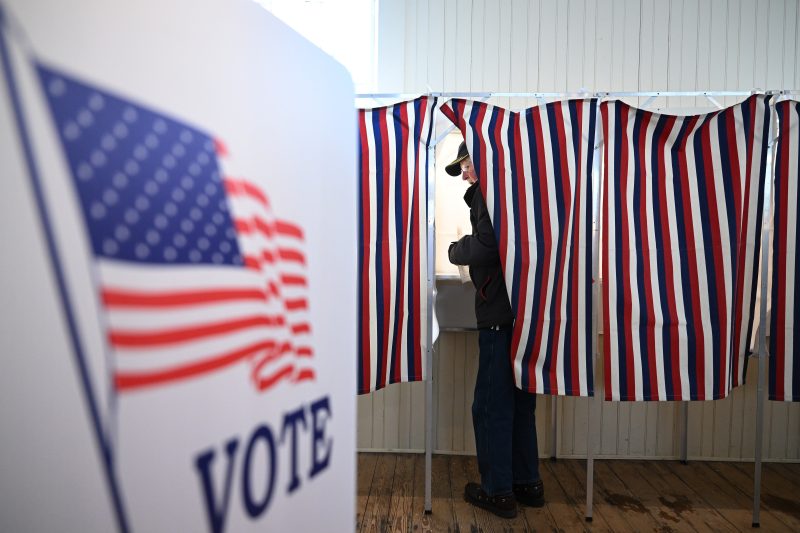
Overthrowing the Electoral College: The National Popular Vote Revolution
The National Popular Vote (NPV) plan has emerged as a potential solution to the undemocratic nature of the Electoral College. The Electoral College system, established by the Founding Fathers in the U.S. Constitution, has faced criticism for various reasons, prompting calls for electoral reform. However, challenges exist in implementing the NPV plan, raising questions about its effectiveness and feasibility.
One primary challenge facing the NPV plan is the need for widespread support and adoption by states. The plan requires states to enter into a compact agreeing to allocate their electoral votes to the winner of the national popular vote, rather than the candidate who wins the popular vote within their own state. While several states have already joined the compact, achieving the necessary participation to make the plan effective remains a significant hurdle.
Furthermore, legal and constitutional concerns surround the NPV plan. Opponents argue that the plan may face legal challenges related to states’ ability to enter into such compacts without congressional approval. Additionally, questions have been raised about the constitutionality of bypassing the Electoral College system through a state compact, as it may conflict with the intent of the Founding Fathers and the constitutional framework of presidential elections.
The logistical challenges of implementing the NPV plan also present obstacles. Coordinating the allocation of electoral votes based on the national popular vote would require a complex and efficient system to ensure accuracy and transparency in the election results. The potential for discrepancies and disputes in calculating the popular vote on a national scale could undermine the integrity and legitimacy of the election process.
Moreover, the NPV plan faces political opposition and skepticism from various stakeholders. Some argue that the plan could disadvantage smaller states and diminish the influence of rural areas in presidential elections, leading to concerns about representation and fairness in the electoral process. Political partisanship and resistance to change further complicate efforts to implement the NPV plan, as different parties may perceive the plan as advantageous or detrimental based on their electoral prospects.
Despite these challenges, proponents of the NPV plan emphasize its potential to address the shortcomings of the Electoral College system and ensure that the candidate who receives the most votes nationwide wins the presidency. Advocates argue that the plan promotes the principle of “one person, one vote” and enhances the democratic legitimacy of presidential elections by aligning with the popular will of the American people.
In conclusion, while the NPV plan offers a promising alternative to the Electoral College system, it faces significant challenges that must be addressed to achieve widespread adoption and implementation. Overcoming legal, logistical, and political obstacles will require a concerted effort to build consensus and support for electoral reform. As the debate over the National Popular Vote plan continues, it remains essential to explore innovative solutions that uphold the principles of democracy and ensure fair and representative presidential elections for all Americans.